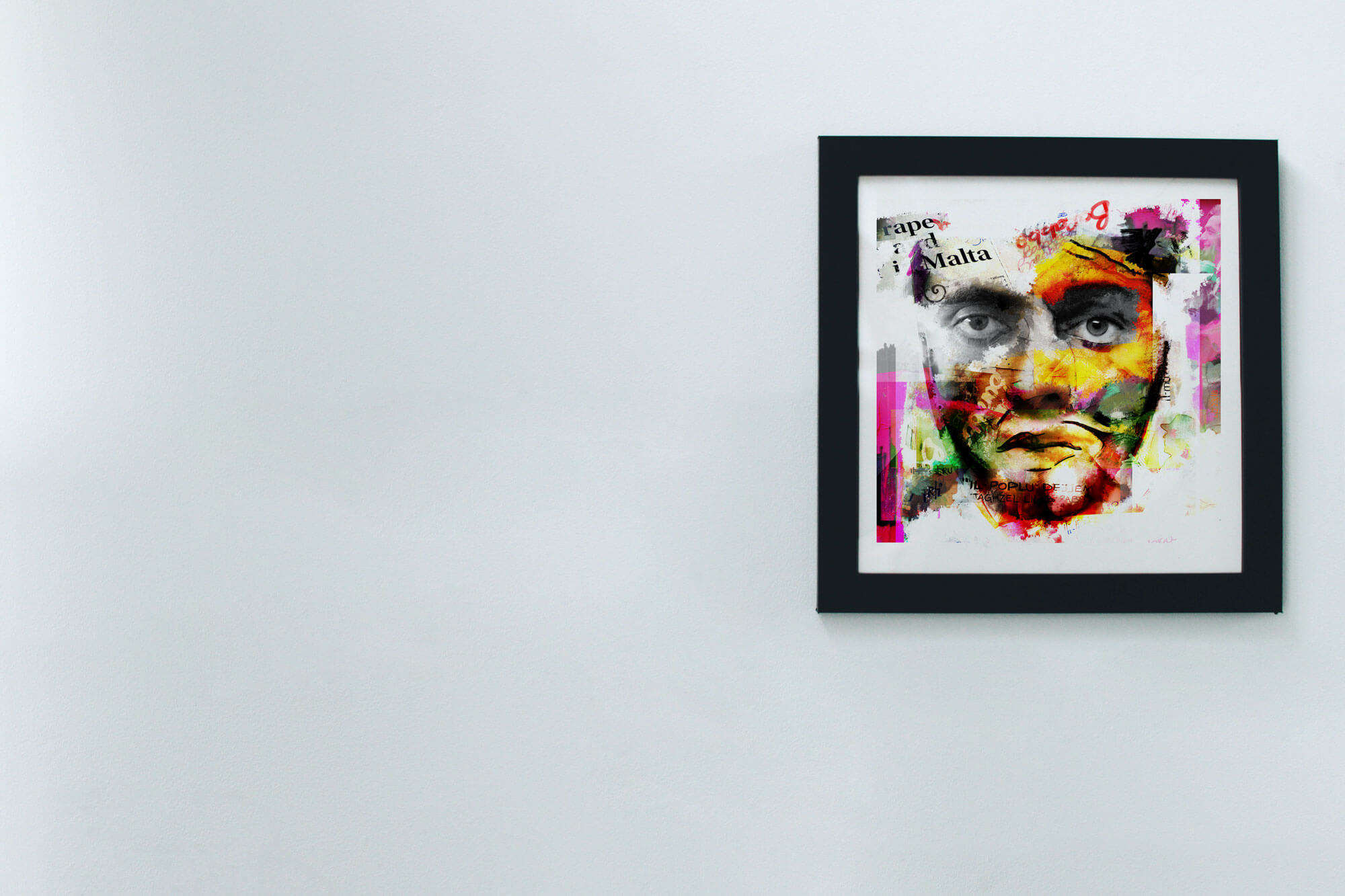Reflections on the criminal Biblical character saved by the crowd at the expense of an innocent man raise questions about treason, democracy, and alienation. Will people abandon their deepest beliefs for money, the most marketed and glimmering option? Are they swayed by dazzling promises or financial incentives?
The man saved by the crowd at the cost of an innocent man had supporters loudly demanding his release. Will people always choose Barabbas, the commercial, most marketed, and shiny option? Can a financial reward or glittering promise sway the crowd? As Marco Castoldi stated, “If you let the people decide, they will always choose Barabbas.”
“Barabba” challenges the cries of “away with this man, and release to us Barabbas” (Luke 23:18). It is a self-reflective and societal question about the erosion of values that shape individual and collective identity.
